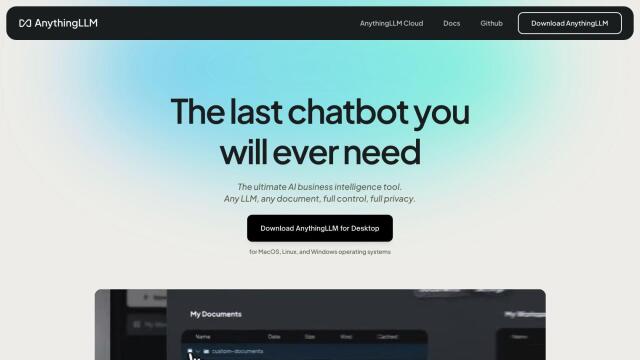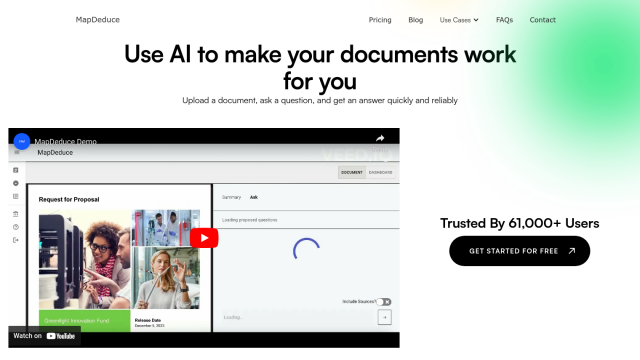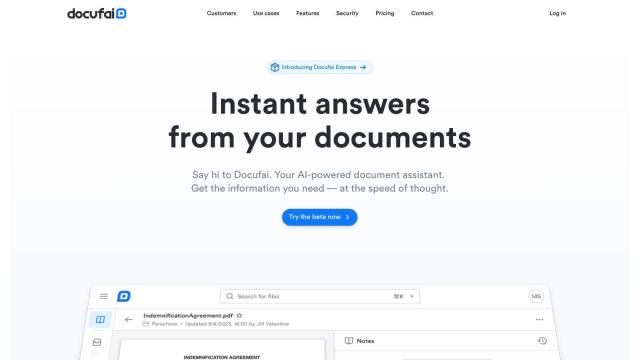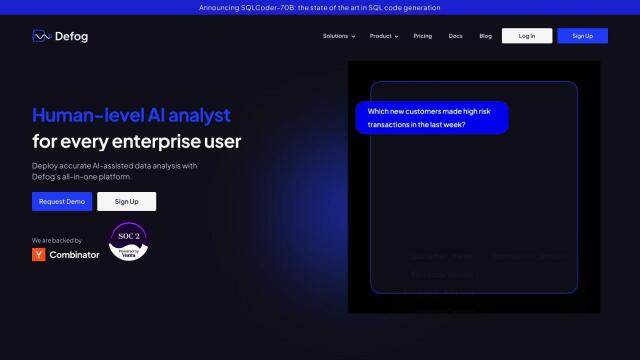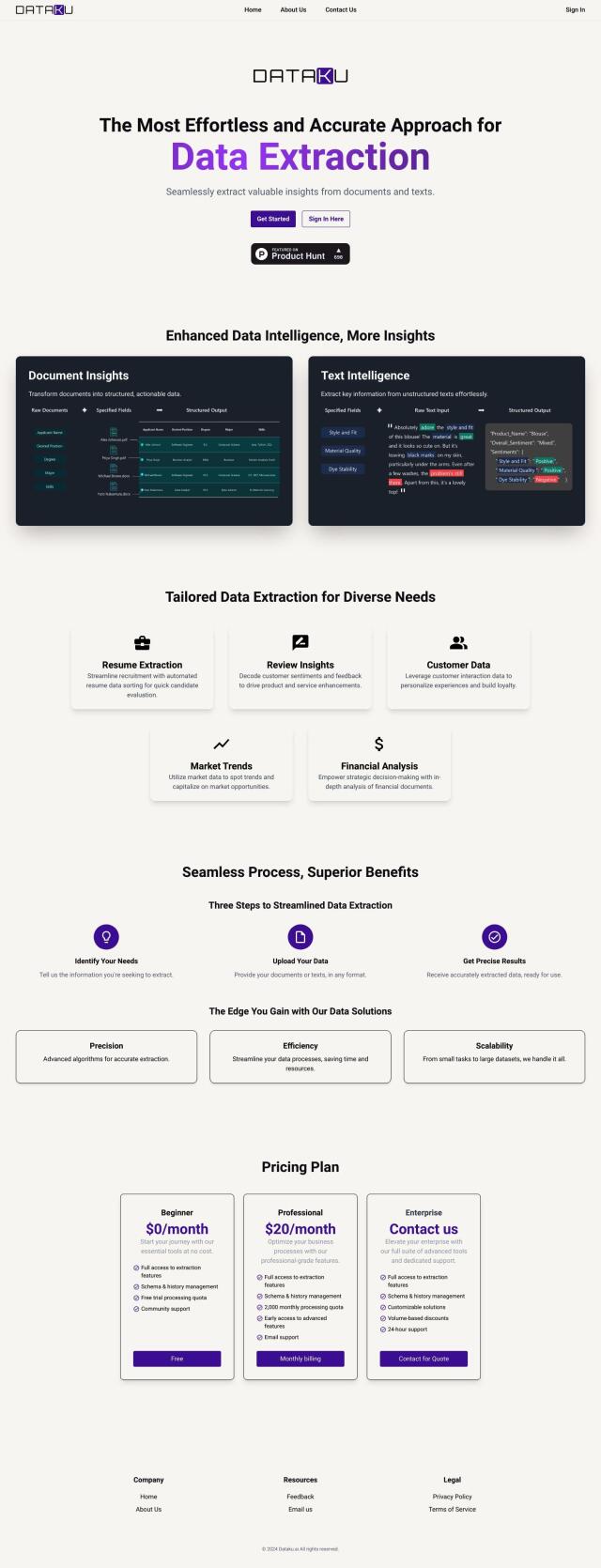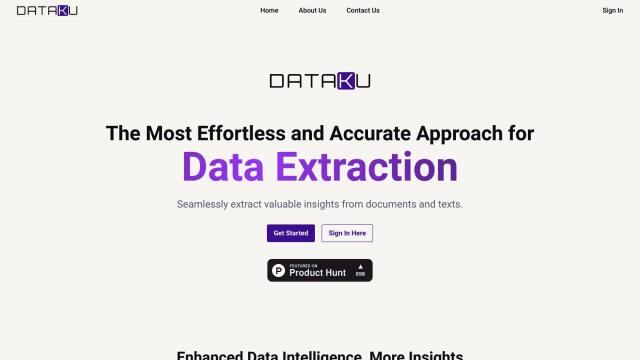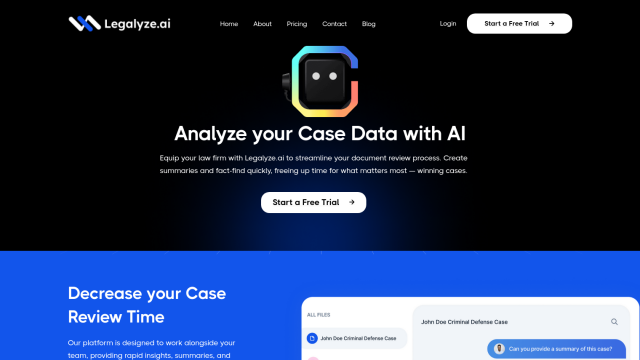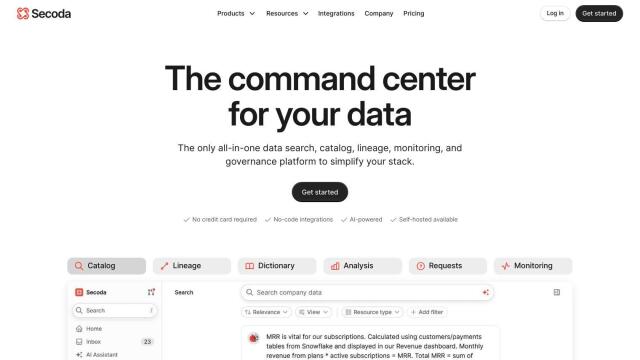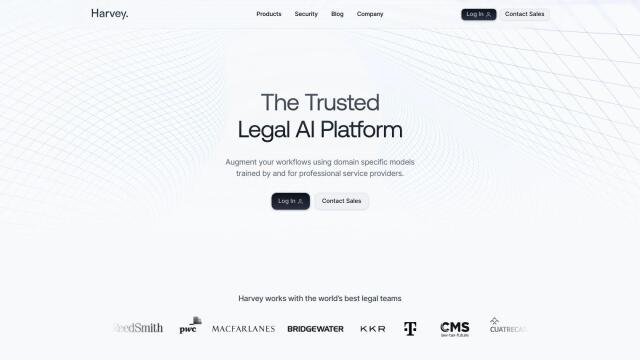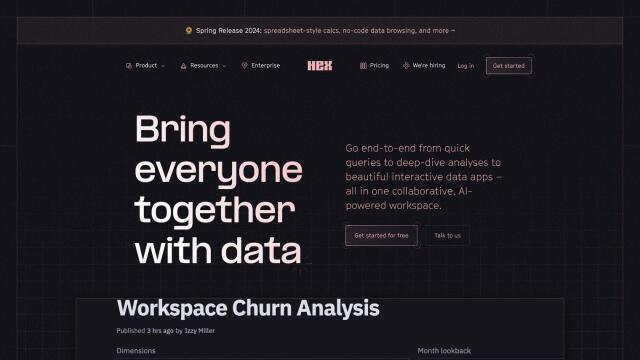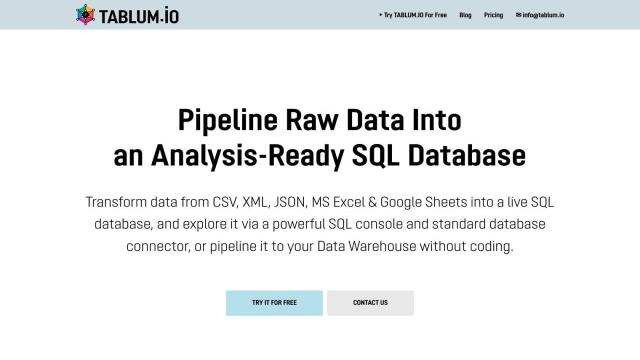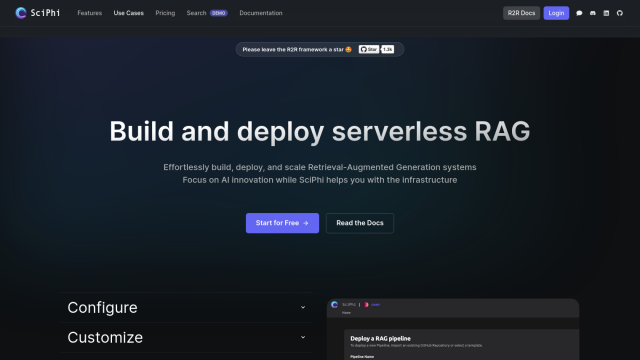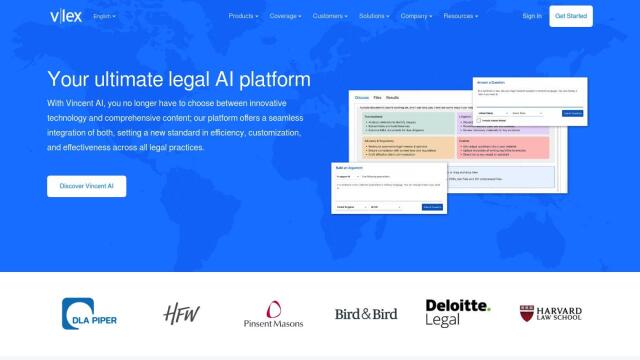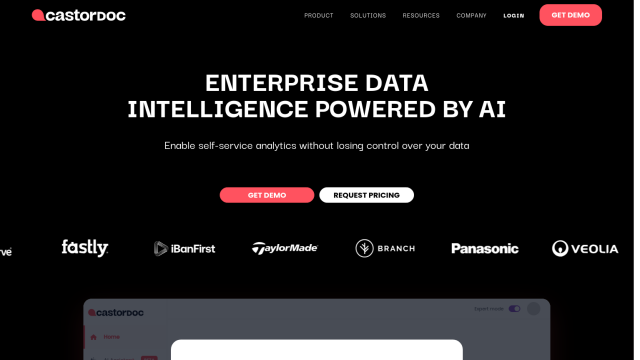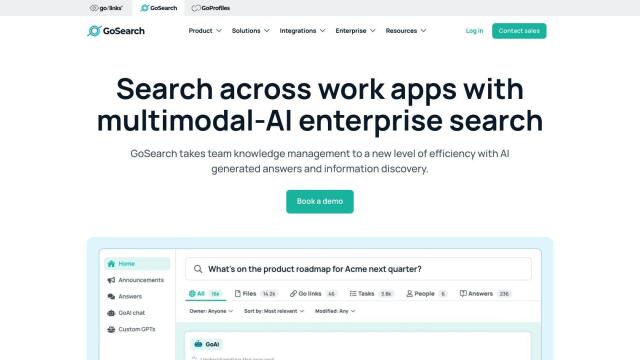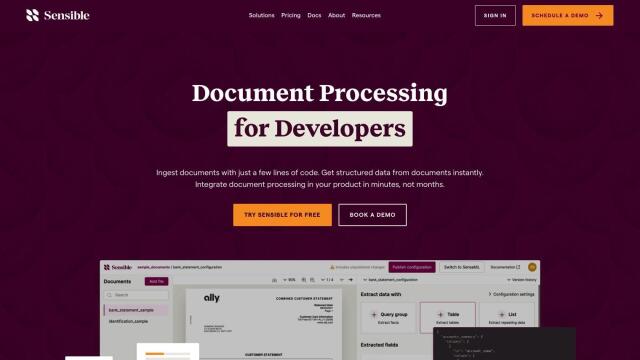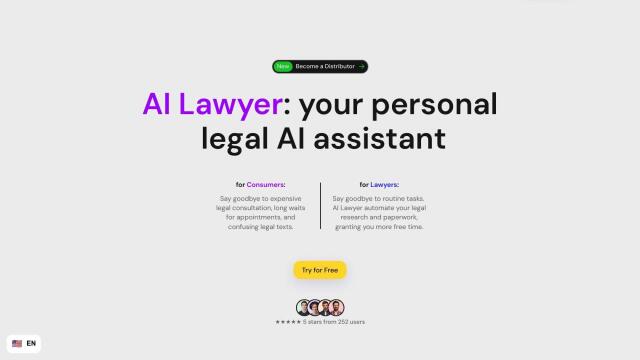Question: Need a solution that can handle large volumes of data for legal discovery, what options are available?

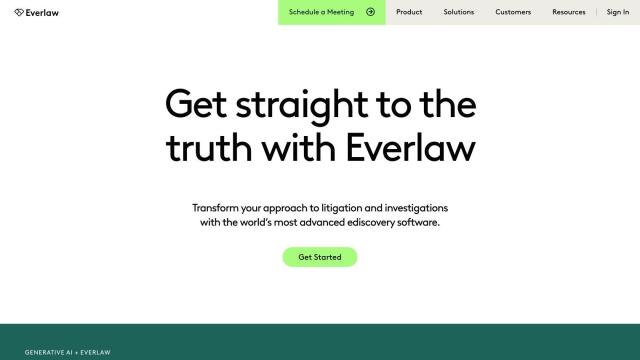
Everlaw
If you're dealing with a massive data set for legal discovery, Everlaw is a great choice. This cloud-based ediscovery platform has machine learning and analytics tools to help you win lawsuits and investigations. Features include early case assessment, AI-assisted document upload and review, foreign language translation and audio/video transcription. Everlaw also offers a post-review tool suite called Storybuilder and has strong security and compliance with SOC 2 Type 2 certification and FedRAMP Moderate Authorization.
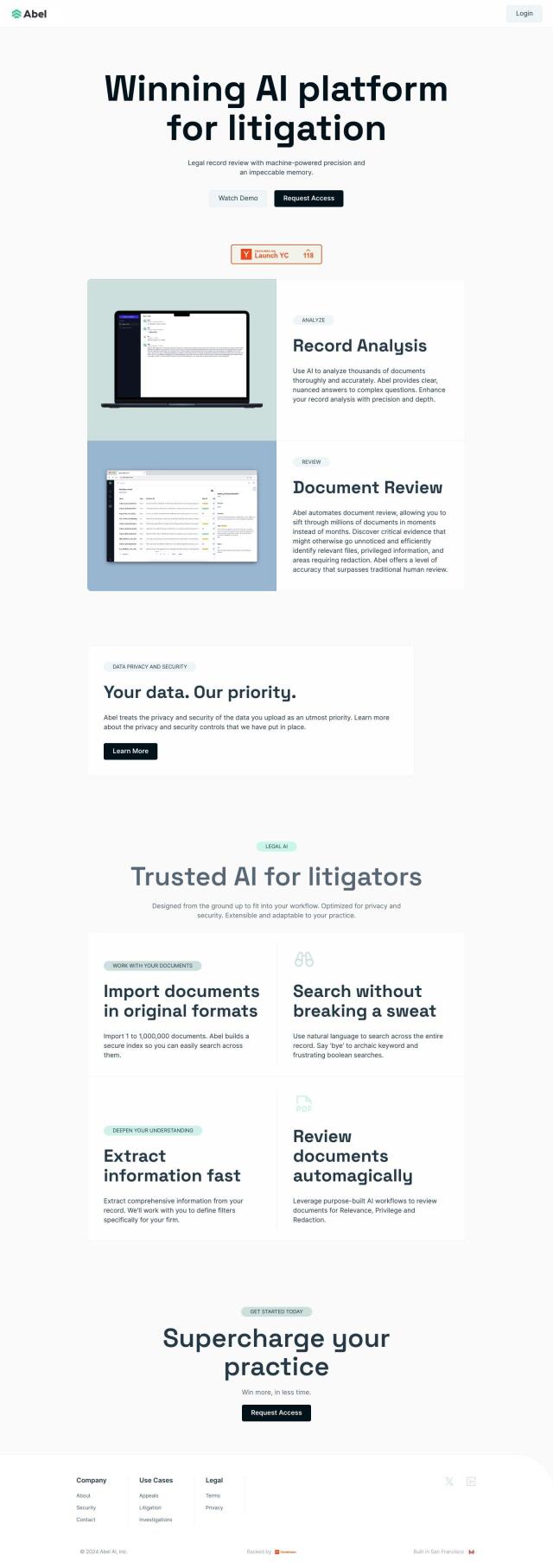
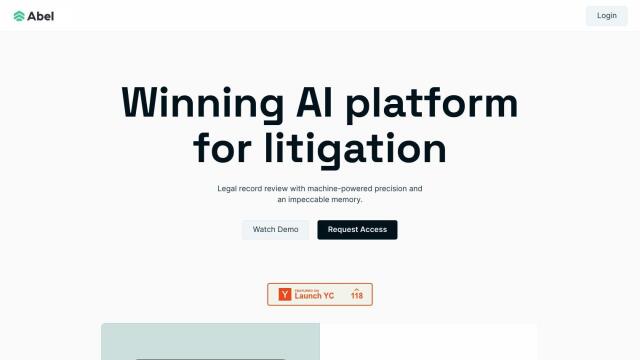
Abel
Another top contender is Abel, a machine-powered information retrieval system for litigation. Abel lets lawyers quickly and accurately process massive amounts of legal records with features like automated document review, data privacy and natural language search. The system uses custom filters to dig deeper into the data and has strong privacy and security controls, so it's good for appeals, litigation and investigations.
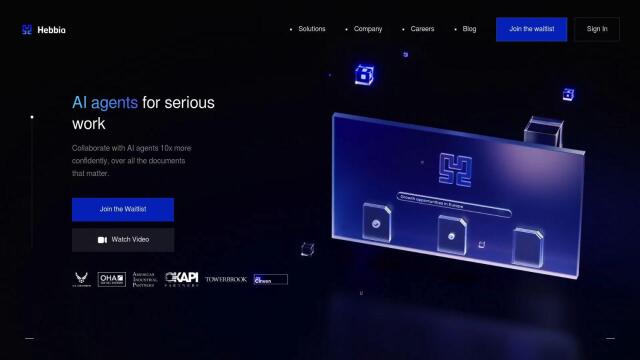
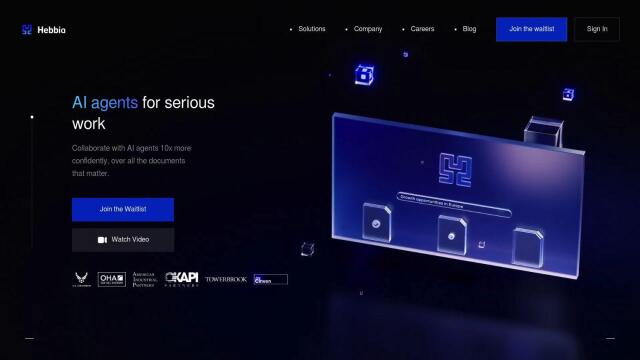
Hebbia
If you want to go more AI-native, check out Hebbia, which uses a Large Language Model (LLM) foundation to ask complex questions and process large data sets. Hebbia can process multiple files and supports end-to-end encryption, so it's good for financial due diligence, market research and knowledge management. It's geared for big businesses, financial services companies and law firms that want to free up staff for higher-level work and make better decisions.
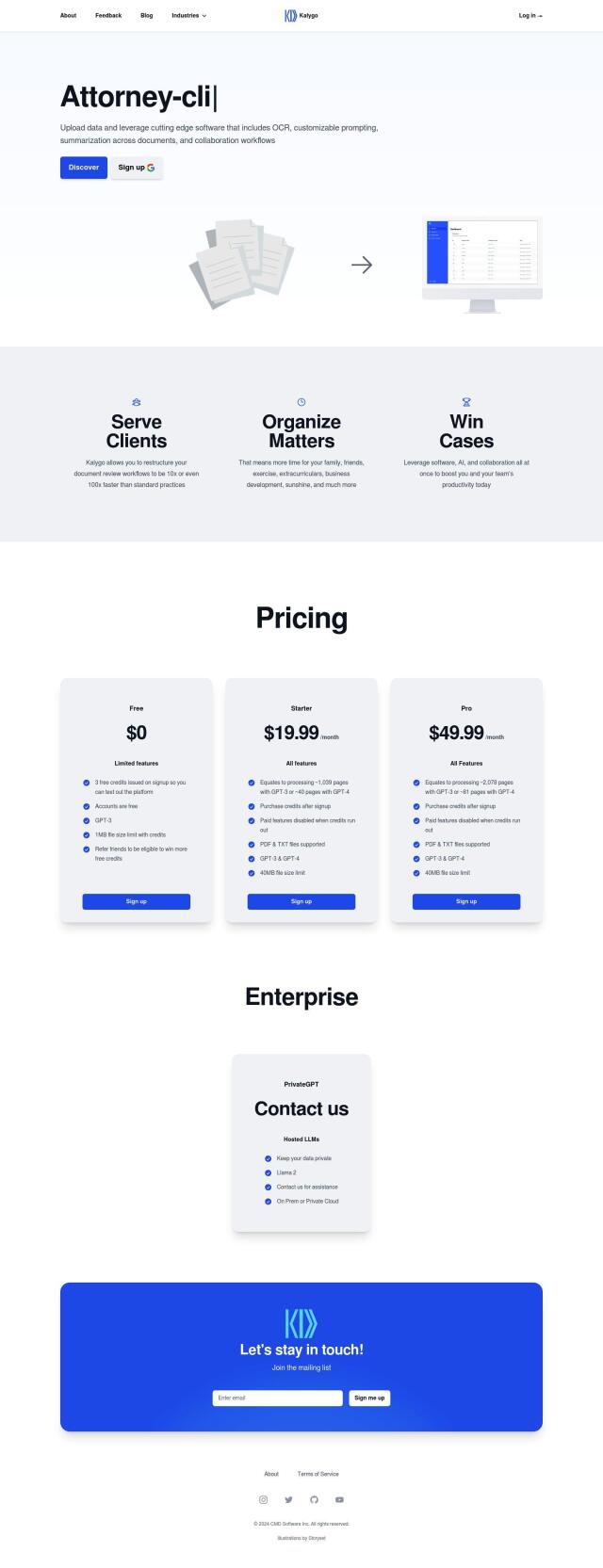
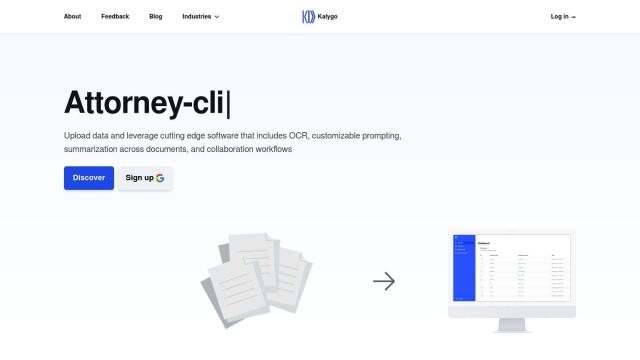
Kalygo
Last, Kalygo offers an open-source, cloud-agnostic AI-assisted eDiscovery platform that can speed up and improve the accuracy of finding and processing relevant data. That's good for companies and legal teams that need to go through eDiscovery. Kalygo can free up staff time by automating tasks, speeding up the discovery process and using AI to better manage data.



